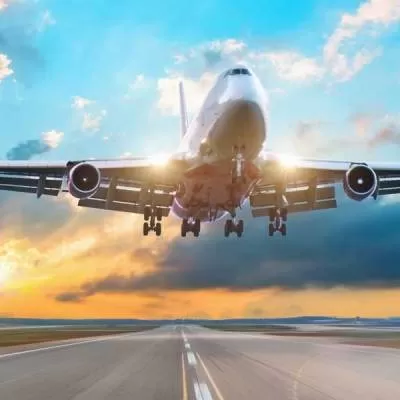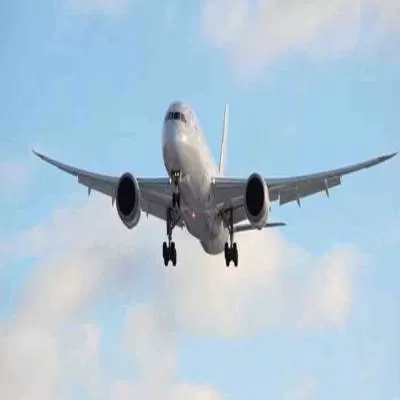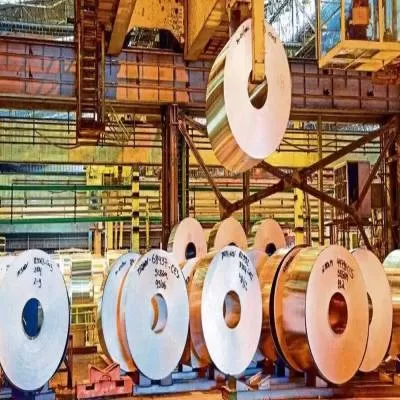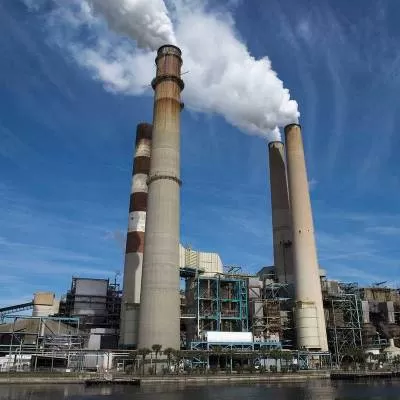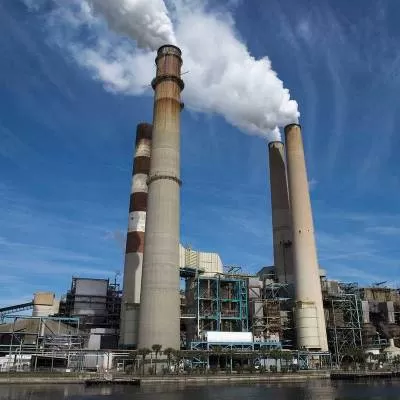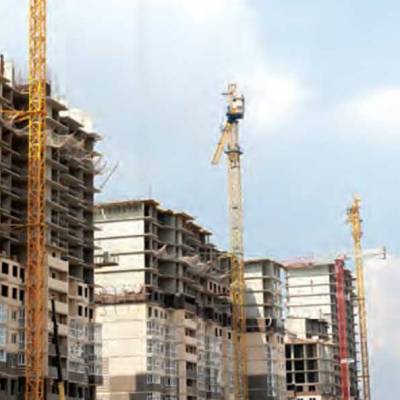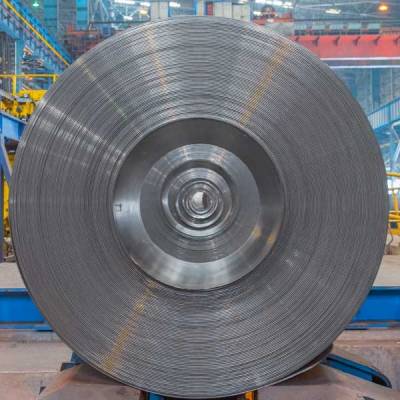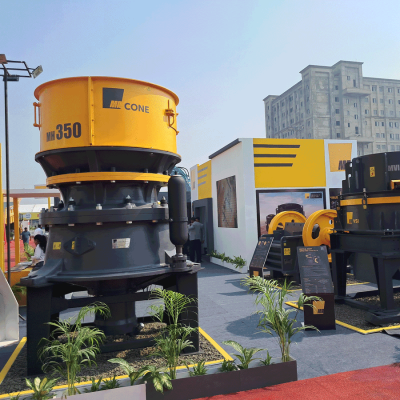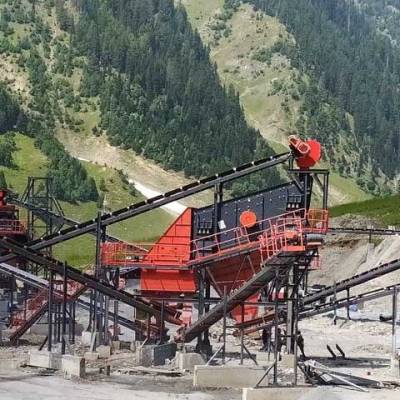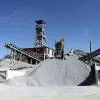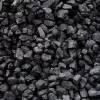- Home
- Infrastructure Energy
- COAL & MINING
- Imminent surplus capacity will moderate realisations and returns in medium term for container terminal operators
Imminent surplus capacity will moderate realisations and returns in medium term for container terminal operators
Commenting on this, K Ravichandran, Senior Vice President and Group Head, ICRA, says, “While the recent capacity creation in these regions is backed by prediction of strong demand growth, increase in exim cargo movement would be gradual and in the interim, terminals could witness pressure on volumes. Terminals with short to medium term contracts with container lines could partly address the volume risk, while pressure on realisation and margins is imminent as the lines drive a hard bargain on rates.”
ICRA Research further noted that in the first eight months of FY2018, volume growth at major ports has been low at 3.5 per cent as coal volumes recorded 5 per cent decline during the period, even as iron ore and petroleum, oil and LNG (POL) volumes grew by 8 per cent and 7 per cent respectively. The decline in coal volumes, notwithstanding some reversal seen in November 2017, is a concern over the long term for the port sector since many ports and terminals have significant dependence on coal imports. A prolonged decline in coal import requirement in the absence of diversification into other cargo categories can impact the returns for such port sector players.
In terms of the cargo growth outlook, port sector players will continue to experience healthy growth in cargo in the near term, albeit somewhat lower compared to the recent fiscals, as revival in iron ore exports, pick up in POL and Container volumes will be partially offset by lower coal imports. Moreover, cash accruals of the players will be supported by steadily rising handling rates, barring the projects where the tariff setting process is mired in litigations. Over the medium to long term, various initiatives under the Sagarmala programme will aid the long term growth trajectory of the industry.
The business risk profile of major ports, in addition to their government parentage, would benefit from the greater autonomy to decide financial and administrative matters and the flexibility to determine its tariff levels with the enactment of the Major Ports Authority Bill, 2016. Performance of some major ports remains constrained by connectivity issues and competition from more efficient non-major ports. For some non-major ports, access to a larger hinterland along with diversification in cargo have supported cargo growth as all Indian ports continue to grapple with the challenge of declining coal cargo. However, several non-major ports have also underperformed owing to cargo ramp-up issues amidst stiff competition for hinterland cargo.
Ravichandran adds, “Given the high leveraging of some private port sector entities (over 3x Total Debt/EBITDA) and the issues faced in achieving optimal returns (Return on Capital Employed <10 per cent) from the business, ICRA believes that consolidation trends could gather further momentum going forward. Credit profiles could come under pressure on account of any leveraged M&A transactions, recurring cargo related setbacks or any adverse movement on tariff related litigations.”
With surplus capacity addition of container terminals in the Mundra-JNPT (North West) and the Chennai cluster (South East) regions, container terminals are likely to witness severe competitive pressures for larger share of incremental volumes; and thereby pressure on realisations as well. As per an ICRA note, with JNPT adding large capacity over the next three years, there is likelihood of Mundra, Pipavav, Hazira and other JNPT terminals facing severe competitive pressures for a larger share of the exim cargo belonging to the northern region. This will not just lead to a fight for incremental volumes, but could also drive down average realisations for terminal operators as companies grapple to corner higher volumes. Similarly, the Chennai-Ennore-Kattupalli-Krishnapatnam (South East) cluster too is likely to face strong competition for volumes over the next three to five years, with current surplus capacity. Commenting on this, K Ravichandran, Senior Vice President and Group Head, ICRA, says, “While the recent capacity creation in these regions is backed by prediction of strong demand growth, increase in exim cargo movement would be gradual and in the interim, terminals could witness pressure on volumes. Terminals with short to medium term contracts with container lines could partly address the volume risk, while pressure on realisation and margins is imminent as the lines drive a hard bargain on rates.” ICRA Research further noted that in the first eight months of FY2018, volume growth at major ports has been low at 3.5 per cent as coal volumes recorded 5 per cent decline during the period, even as iron ore and petroleum, oil and LNG (POL) volumes grew by 8 per cent and 7 per cent respectively. The decline in coal volumes, notwithstanding some reversal seen in November 2017, is a concern over the long term for the port sector since many ports and terminals have significant dependence on coal imports. A prolonged decline in coal import requirement in the absence of diversification into other cargo categories can impact the returns for such port sector players. In terms of the cargo growth outlook, port sector players will continue to experience healthy growth in cargo in the near term, albeit somewhat lower compared to the recent fiscals, as revival in iron ore exports, pick up in POL and Container volumes will be partially offset by lower coal imports. Moreover, cash accruals of the players will be supported by steadily rising handling rates, barring the projects where the tariff setting process is mired in litigations. Over the medium to long term, various initiatives under the Sagarmala programme will aid the long term growth trajectory of the industry. The business risk profile of major ports, in addition to their government parentage, would benefit from the greater autonomy to decide financial and administrative matters and the flexibility to determine its tariff levels with the enactment of the Major Ports Authority Bill, 2016. Performance of some major ports remains constrained by connectivity issues and competition from more efficient non-major ports. For some non-major ports, access to a larger hinterland along with diversification in cargo have supported cargo growth as all Indian ports continue to grapple with the challenge of declining coal cargo. However, several non-major ports have also underperformed owing to cargo ramp-up issues amidst stiff competition for hinterland cargo. Ravichandran adds, “Given the high leveraging of some private port sector entities (over 3x Total Debt/EBITDA) and the issues faced in achieving optimal returns (Return on Capital Employed <10 per cent) from the business, ICRA believes that consolidation trends could gather further momentum going forward. Credit profiles could come under pressure on account of any leveraged M&A transactions, recurring cargo related setbacks or any adverse movement on tariff related litigations.”


